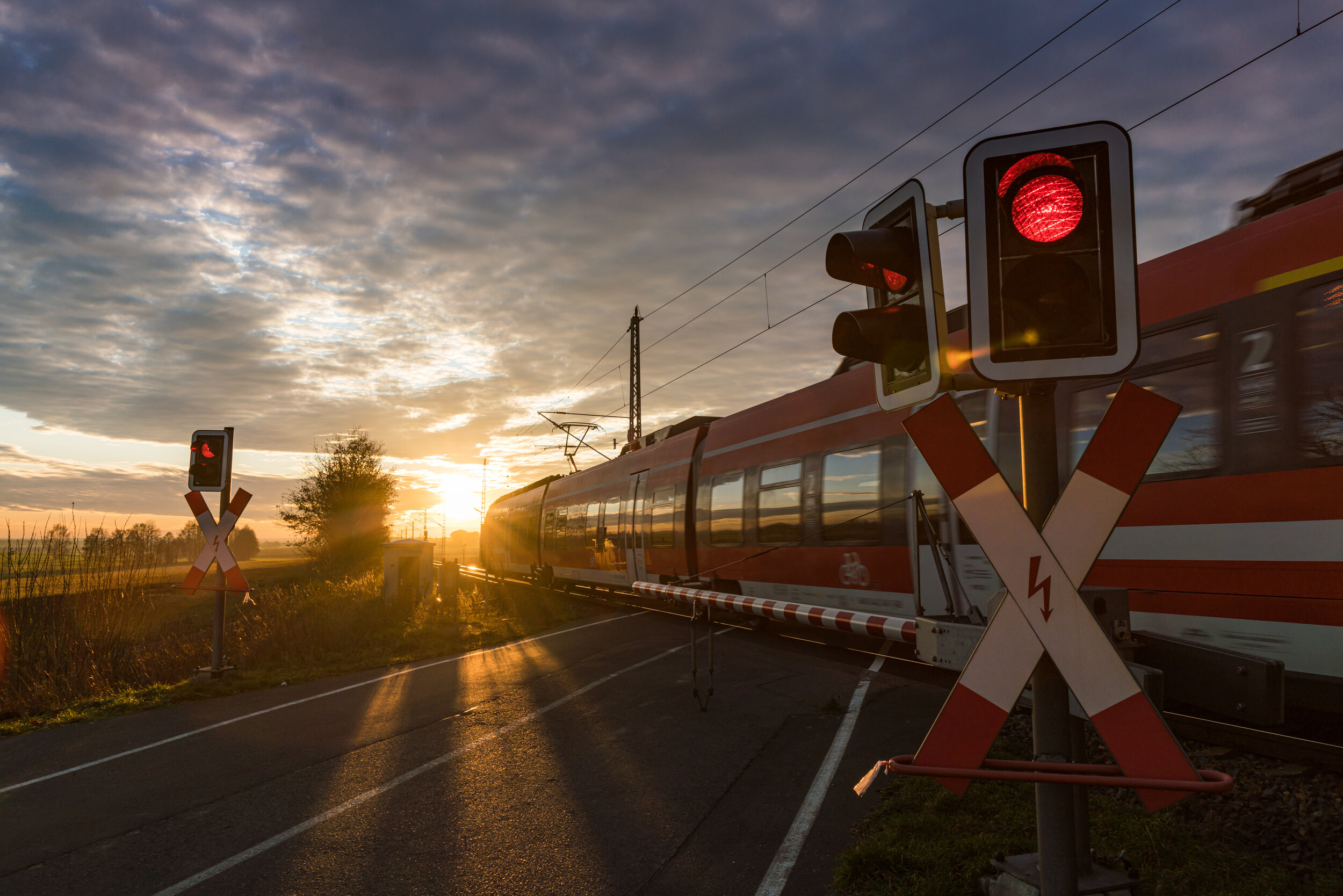
TRAIN ACCIDENT FAQ

What Vehicles Must Stop at All Railroad Crossings?
As with most legal questions, the answer depends on the facts. If you are driving a commercial vehicle, Department of Transportation rules like Code of Federal Regulations Subpart B, Section 392.10 are applicable. This section says that if a commercial vehicle is transporting passengers, such as in the case of a party bus, the bus is required to stop before crossing over the railroad tracks within 50 feet of the track but no closer than 15 feet to look and listen for an approaching train.
Other commercial vehicles that must follow this rule include: (1) any commercial vehicle transporting any quantity of a Division 2.3 chlorine; and (2) any commercial vehicle transporting cargo with a temperature above its flashpoint; and (3) any commercial vehicle required to be marked or placarded with certain classifications.
Nevada Revises Statutes 484B.560 governs the issue of which vehicles are required to stop at all railroad grade crossings. Specifically, this section requires the driver of any motor vehicle carrying passengers for hire, any school bus carrying any school child, or of any vehicle carrying any explosive or flammable liquid as a cargo or part of a cargo, to stop before crossing at grade any track or tracks of a railroad.
Various other laws may apply to this analysis depending on the specific facts.
Who Can Be Held Responsible For A Railroad Crossing Accident?
Multiple parties are responsible for maintaining a railroad crossing and ensuring its safety. The parties who could be responsible include: (1) the company operating the train (they are responsible for ensuring safe speed and control); (2) the owner of the railroad track (they are responsible for ensuring the tracks are safe and undamaged); and (3) the county or city where the crossing is (they are responsible ensuring clear signage and safety protocols). In some cases, all three parties may be responsible for an accident.
What Damages Can I Claim After A Train Accident?
In most cases, plaintiffs are entitled to two kinds of damages: general damages and special damages. General damages include noneconomic losses like “loss of enjoyment,” “pain and suffering,” or “mental anguish.” Special damages are itemized losses caused by the accident, like medical bills or lost income due to missing work. In rare cases, plaintiffs may be entitled to punitive damages, which is money awarded solely to punish egregious defendants.
What Often Causes A Railroad Crossing Accident?
While most accidents are usually a confluence of events, the most important factors often come down to warning signals and human error. For example, railroad crossings all over the United States lack proper signage or line of sight for drivers, providing zero warning if a train is coming around the corner. This is often combined with the train operator’s failure to signal its approach or dial back the train’s speed.
What Dangers Make Commercial Vehicles Susceptible to Accidents?
A fully loaded big rig can weigh as much as 80,000 pounds and can extend four to five times the length of a regular passenger car. Because of their size and weight, commercial vehicles take much longer to come to a complete stop than conventional cars. A typical passenger car can usually stop within 150 feet when traveling at 55 miles per hour for comparison purposes. A loaded commercial truck would require at least 33% more road to make the stop at that same speed.
Additionally, the loud noise from large commercial vehicles can block out the sounds of an oncoming train that would alert the drivers of other vehicles. This is why the drivers of commercial trucks need to take extra caution to avoid truck-train accidents.
Schedule a Free Case Consultation with Our Team
If you were involved in an accident caused by a truck driver who failed to stop at a railroad crossing properly, you must learn about your options. We encourage you to speak with a truck accident lawyer from Cohan PLLC immediately. Your rights to pursue compensation are essential, and there is a time limit on truck accident cases, so do not hesitate to take the next step.
Have You Been Injured? Our Law Firm Can Help.
Suffering an injury at the hands of someone else is a profoundly disorienting experience. Many of our clients come to us because they simply don't know what to do next. What kind of claims do they need to file? What do they do to get medical care for their loved ones, or how do they afford a funeral in the wake of a wrongful death? Most of our clients ask an even more straightforward question: "with all my medical expenses, how do I provide for my family?"
Regardless of your situation, you are bound to have countless questions. Cohan PLLC will help you get answers. To help you find your feet during this difficult time, we have compiled some of the most commonly asked questions and provided general answers. For specific answers about your case, review your legal options with us in a free consultation.
Contact our accident lawyers if you were involved in a serious truck accident at (888) 424-2736. We're ready to fight for what is right and get you the compensation you deserve.
